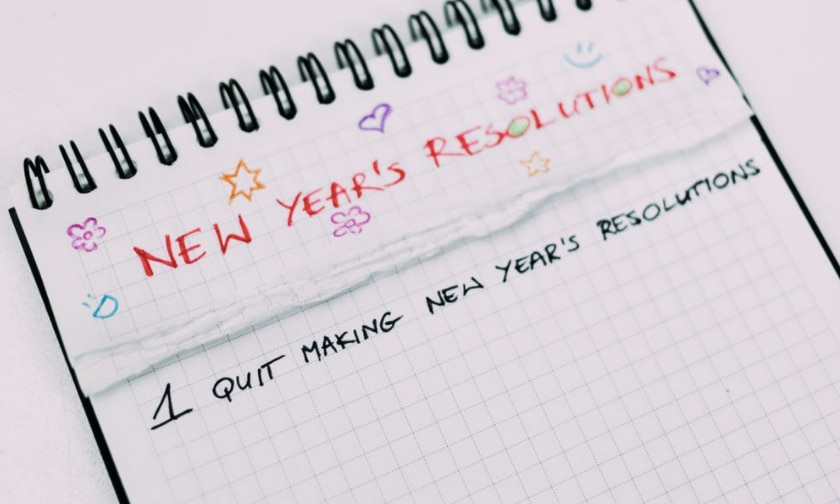

So now that we’ve officially passed the halfway point of January, some of will be passionately charging full speed ahead with our New Year’s resolutions. Some of us will have started to lose interest. Some of us will be saying, “resolutions, what resolutions”?
Whether you’re a repeat resolution-maker or not, January can be a good time to take stock and set yourself up for a good year ahead. But that doesn’t have to mean daily trips to the gym or a complete overhaul of your refrigerator/closet/attitude. Sometimes, it’s the little changes that can make a big difference.
If you’re looking to make the most out of 2018, consider these four realistic resolutions:
Get good sleep
Sleep plays such an important role in our health, but many of us aren’t getting enough—neither in quantity or in quality. This year, resolve to improve your sleep health. Create a soothing environment, put away your mobile devices, and treat your mind and body to as much restorative sleep as you can. Check out these sleep tips for inspiration.
Learn something new
The pursuit of knowledge shouldn’t end when your formal education does. Learning new things as we age keeps our brain cells active and our minds and spirits engaged. Maybe 2018 could be the year you learn to knit, write poetry, or speak Italian? Not only will your newfound skills give you something to do this year, they can also help improve your cognitive function over time.
Be a better listener
This resolution isn’t about strengthening your biceps or your willpower; it’s about strengthening your communication skills. Being a good listener involves more than resolving to talk less; it involves forming deeper connections within a conversation. When you take the time to really listen to others it not only shows the speaker respect, it helps you to truly understand what is being said and can allow you to see things from a new perspective. Here are some strategies for becoming a better listener.
Connect more IRL
Social media is a convenient tool for keeping up with distant (and close) friends and family. But as great as it is to see and “like” the latest photos and activities of the people you follow online, research has shown that excessive time spent scrolling through these feeds can present an increased risk of depression and anxiety. That doesn’t mean you have to walk away completely, but the occasional social media break will give you an opportunity to experience your actual life instead of focusing on your virtual one.

